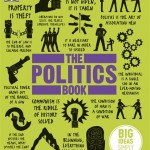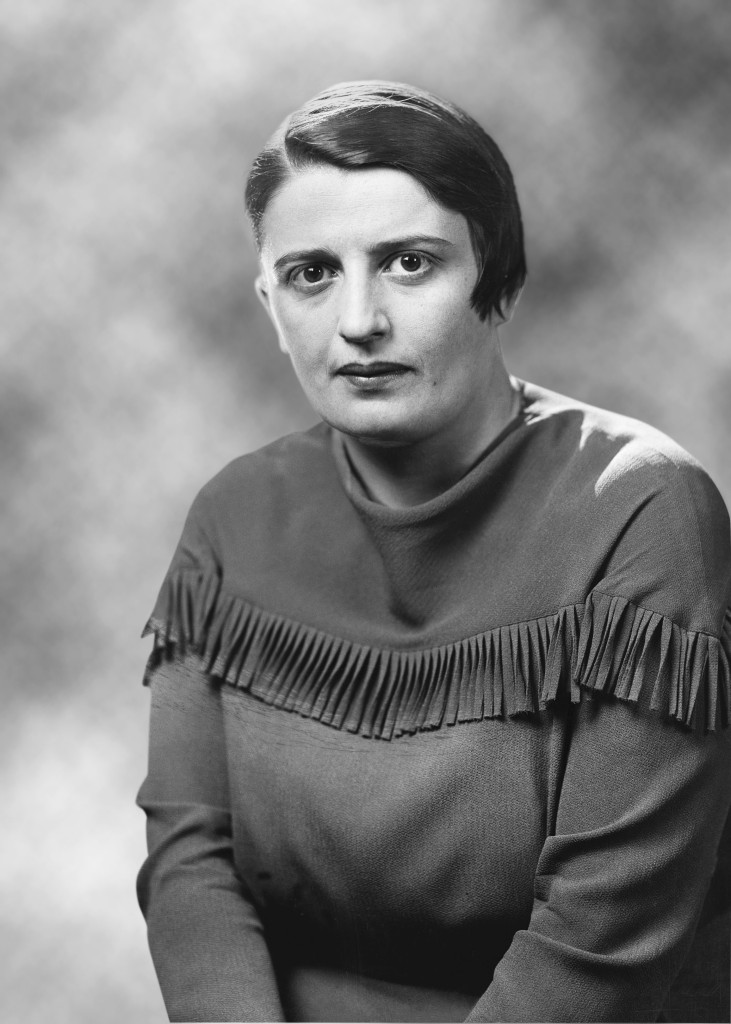 Frost is very excited to interview Jim Pinnells. Jim has lead a fascinating life and he has written a great book called Saturn’s Daughters: The Birth of Terrorism. Grab yourself a copy.
Frost is very excited to interview Jim Pinnells. Jim has lead a fascinating life and he has written a great book called Saturn’s Daughters: The Birth of Terrorism. Grab yourself a copy.
You have led a fascinating life which has included working with the UN, on Chernobyl aftermath projects and being in Egypt during the Arab Spring. Do you have a particular period that you felt most influenced your life and spurred you to research and write Saturn’s Daughters?
The first version of Saturn’s Daughters was written in the 1960’s when flower power and revolution were in the air. A book by David Footman, Red Prelude, got me hooked on the Russian revolutionaries of the 1880’s. With a bit of history, a natural streak of rebellion and an over-vivid imagination, I dreamed up a revolutionary romance about a terrorist called Viktor Pelin. His shadow survives in Saturn’s Daughters. An American agent pointed out that the female characters in the book were far more interesting than the male and suggested a rewrite. So Countess Anna moved centre-stage – though it took her thirty years to do so. Then I saw that Anna herself wasn’t really the key, but a whole cluster of women centred on Sofya Perovskaya. Her dedication, her idealism, her ruthlessness fascinated me. And this book is the result, almost half a century after the first draft. In a way, the many versions of Saturn’s Daughters are a measure of how far one can travel in a lifetime.
Where did the inspiration for the book come from?
From David Footman, from the Aldermaston marches, from an awareness as a young infantryman defending the River Weser that we were nothing but cannon fodder, from the Atlee government that gave me a scholarship to Cambridge but not the cash to cross the great social divide, from the farmers’ kids I taught in deepest Devon – from everything that ever happened to me really.
How did you undertake your research for the book?
Saturn’s Daughters is a historical novel. One thing I try to do is to get the history more or less right. That obviously means reading a stack of history books and biographies. Once that’s out of the way, there’s another kind of reading altogether – reading what the characters in the story would have read: magazines, newspapers, posters, adverts – every kind of ephemera. What music would they have listened to? What would they have stepped in when they were walking down the street? How would they have taken off their underclothes? And then topography. An earlier novel of mine, The Causeway, is set in a convent in the Bay of Naples. It wasn’t until I visited the convent (now a hotel) and paced the corridors from the cell of the Mother Superior to the punishment cells, found the terrace where the nuns would have seen Nelson evacuating Emma Hamilton from the quayside in Naples, dug my fingers into the soil of the nun’s kitchen garden – only then did the story come to life.
What is your writing routine?
I wish I had one. I’ve never had time to develop any kind routine. I take jobs that sound interesting wherever and whenever they come up. Vietnam, Venezuela, Russia, South Africa the Indonesian jungle or the Saudi desert. Some of my work involves report writing and that always kills real writing. I write fiction when I have time: on planes, on trains, during dead evenings when there’s nothing to do but chat with the locals in a bar somewhere. But then, to finalize a book, you have to sit down, lock the door, and work on it all the hours God made. If you don’t want a character to have blue eyes on page 12 and brown eyes on page 212, you have to (or at least I have to) rewrite the whole book in one intense anti-social bash.
Your book is about the first female terrorist. Do you think there are now less female terrorists, and if so, why?
Quantitatively there are probably as many terrorist movements in the world now as there were individual terrorists in the nineteenth century. Qualitatively it’s hard to say – I’m not quite sure how you’d measure the quality of female terrorists. Tons of debris per pound of explosive? As to the ability of women terrorists to attract public attention, I don’t think much has changed. Terror groups like to use young women as suicide bombers because a shattered female body harvests more news coverage. I think it’s always been a bit like that. But one thing has definitely changed. The romance has evaporated. A huge terrorist trial is going on at the moment in Germany. Beate Zschäpe is accused of murder (10 counts), attempted murder, arson, bank robbery and membership of a terrorist organization. (A charge of possessing child pornography has been dropped.) Zschäpe’s political beliefs – as far as the court has established them – are neo-nazi. Is she in fact a terrorist? That remains to be proved. But one thing both she and her cause certainly lack is any shimmer of romantic appeal. A neo-nazi terror cell that guns down Turkish street vendors disgusts most people and attracts only a handful of sympathizers. Chechen immigrants who blow up spectators at the Boston Marathon are in the same boat. A group of young idealists seeking to overthrow a repressive empire – that’s entirely different. They’ll always have a following. I think what has changed most are the ideologies. The methods, the relative number of women involved – those have stayed much the same.
What do you think breeds terrorism?
Short answer: perceived repression. When a group has strong views but has no power to enforce them, it tends to see itself as the victim of repression. In some societies there are “democratic” ways of handling this problem. Collecting money, starting a blog, forming a political party and then seeking election. But how many people have the time, the know-how or even the wish to work in the “democratic” way? The obvious short-cut, at least since the People’s Will showed the way (and this is the subject of Saturn’s Daughters), is terrorism. Not terrorism as a coherent system of action based on the assumption that even if you destroy the building, others will decide after you’re gone what will be built in its place. But terror as short-term, violent protest. A scream of frustration. A brief orgy of self-advertisement. So: perceived repression, despair, and the availability the weapons of the terrorist – fast transport, fast communications and the ability to make a big bang.
What do you think of modern-day groups like Al-Qaeda and the Taleban?
I sometimes think that if al-Qaeda didn’t exist, big government would have to invented it. But of course it does exist, simultaneously on the brink of extermination (because after all huge sums have been spent on the means of extermination) but yet able to unleash global mayhem at the drop of a hat (because large sums will be needed for future extermination exercises). Not that I’m trying to trivialize the problem. Al-Qaeda, the Taleban, the Imarat Kavkaz, Boko Haram, and countless similar organization all exist. They all pose a clear and present danger to the existing social order – especially in countries where they have their roots and which are vulnerable to their methods. In the “West” our real vulnerabilities lie elsewhere – a cyber-attack on the banking system, for example, or denial of commodities (especially oil). The West will not collapse in the face of aircraft with full fuel tanks hi-jacked by fanatics, and Russia will not collapse in the face of bombs in the Moscow Metro. Big regimes are more or less invulnerable. On the other hand, I’m sure regime change will be instigated by terrorist organizations in quite a few smaller, less stable countries. If these organizations remain in power after the regime change, then they may rule by means of terror. That, however, will be terror from above – the terror of a Stalin or a Robespierre – not terror from below as practiced by the People’s Will in the nineteenth century or by Al Qaeda today.
What change do you believe the world needs most right now?
Some years ago the Finnish aid agency PRODEC decided to channel more of its resources and direct more of African programmes toward women. I played a small part in that switch. The theory was this: menfolk may look more important like cocks on dunghills but really it’s the women who run things – so help them. Educate them and many good things will follow. Recently in Saudi Arabia, the government has completed a University City just outside Riyadh. It will house the 40,000 women of the Princess Noura Bint Abdulrahman University for Women. It hasn’t been built as a beacon of revolution, but it may function as one. Time will tell. Whatever the outcome in Saudi Arabia, women’s education seems to me the absolute social, commercial and political priority almost everywhere in the world.
What’s next for you?
Two new novels are on the launching pad. The first, Ilona Lost, is set in the First World War. The leading lady (you don’t see the word “heroine” so much these days) is an English nurse who serves with the Russian army on the eastern front and who goes home to Northampton to take over the family firm and build ambulances. The second, Reflections, concerns blood farms where Thai children (especially those with rare blood groups) are herded and milked for their blood which is then sold to the West. And, of course, work. I’m sure I shall give up work one day, but only “when the telephone stops ringing.”
Thank you Jim.
 On Monday 18 November, Mother London will host a debate about modern feminism. Equalities Minister Jo Swinson and Ruby Tandoe will join a panel hosted by ELLE editor Lorraine Candy to discuss the topic “Does feminism need a rebrand?” They will be joined by Laura Jordan Bambach, President of D&AD; Kat Banyard, UK Feminista; Ikarama Larasi, Rewind & Reframe and Holly Armstrong & Rhiannon Wlliams, Vagenda.
On Monday 18 November, Mother London will host a debate about modern feminism. Equalities Minister Jo Swinson and Ruby Tandoe will join a panel hosted by ELLE editor Lorraine Candy to discuss the topic “Does feminism need a rebrand?” They will be joined by Laura Jordan Bambach, President of D&AD; Kat Banyard, UK Feminista; Ikarama Larasi, Rewind & Reframe and Holly Armstrong & Rhiannon Wlliams, Vagenda. 





